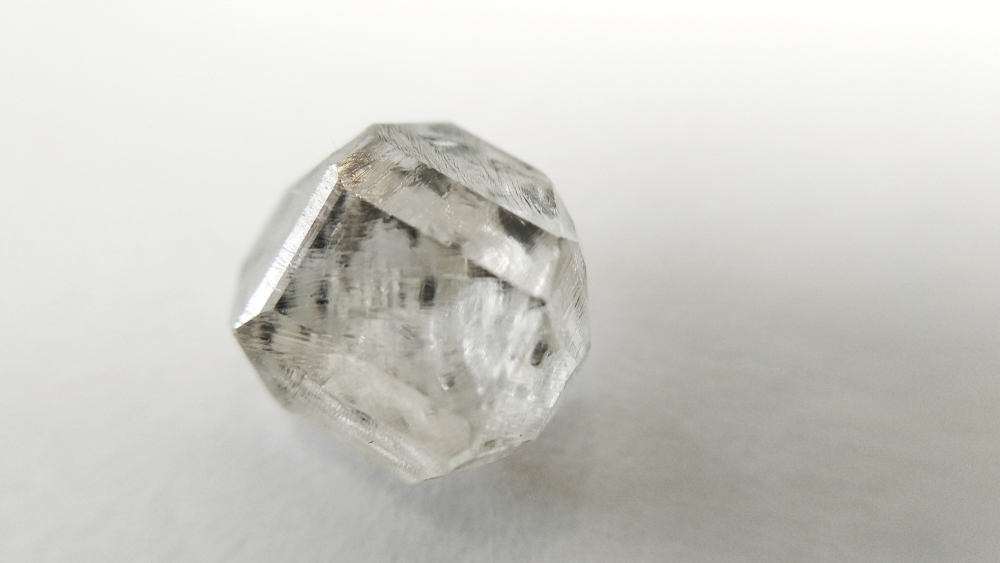
Africa, often referred to as the “Diamond Continent,” has long been associated with the natural diamond industry. However, a significant shift has been occurring in recent years, with the emergence of artificial diamonds making waves across the continent. Artificial diamonds, also known as lab-grown or synthetic diamonds, are changing the landscape of the African diamond industry in ways that are both fascinating and profound. In this article, we will delve into the remarkable influence of artificial diamonds in Africa, exploring their economic, ethical, and environmental impacts.
Economic Empowerment
One of the most significant influences of artificial diamonds in Africa is their potential for economic empowerment. Traditionally, the natural diamond industry has been marred by issues such as price volatility and a lack of transparency. Artificial diamonds offer a more stable and predictable market, creating opportunities for African entrepreneurs and investors to enter the industry. Moreover, the production of artificial diamonds requires advanced technology and skilled labor, providing employment opportunities and fostering technological advancement in African countries. This not only bolsters the local economies but also helps bridge the technological gap between Africa and more developed regions.
Ethical Considerations
The ethical implications of artificial diamonds are another key aspect to consider. Natural diamond mining has a history tainted by issues like conflict diamonds, also known as “blood diamonds,” which have fueled violence and human rights abuses in certain African regions. Artificial diamonds, however, are produced in controlled laboratory environments, eliminating the risk of unethical practices. This shift towards ethical diamond production enhances Africa’s reputation and encourages responsible sourcing.
Environmental Conservation
Artificial diamonds also have a positive environmental influence. Traditional diamond mining is notorious for its environmental impact, including deforestation, habitat destruction, and carbon emissions. In contrast, lab-grown diamonds require significantly less land and have a smaller carbon footprint, making them a more sustainable choice for conscientious consumers. Furthermore, the reduced demand for natural diamonds may alleviate some of the pressure on Africa’s fragile ecosystems, allowing for conservation efforts to thrive. Artificial diamonds align with the global trend towards sustainability, positioning Africa as a responsible contributor to the global market.
Market Dynamics
The artificial diamond industry is rapidly evolving and disrupting traditional market dynamics. The availability of high-quality synthetic diamonds at competitive prices challenges the dominance of natural diamonds. As a result, African countries are diversifying their diamond industries by investing in synthetic diamond production facilities, further boosting their economic resilience. The global demand for artificial diamonds, driven by consumer awareness and sustainability concerns, presents a unique opportunity for Africa to expand its presence in the diamond market. African nations can leverage their expertise in diamond extraction and leverage the growing popularity of synthetic diamonds to secure a stable source of revenue.
In conclusion, the influence of artificial diamonds in Africa is multifaceted and promising. These lab-grown gems are reshaping the African diamond industry by providing economic empowerment, addressing ethical concerns, and contributing to environmental conservation. As the world transitions towards more sustainable and ethical consumption, Africa stands to benefit from its pivotal role in the production of artificial diamonds. The emergence of artificial diamonds has the potential to revolutionize Africa’s economy, reputation, and environmental practices. It is a testament to the continent’s adaptability and forward-thinking approach in an ever-changing global market. As we move forward, it is imperative to harness the opportunities presented by artificial diamonds while upholding ethical and environmental standards, ensuring a bright and sustainable future for Africa and its diamond industry.
